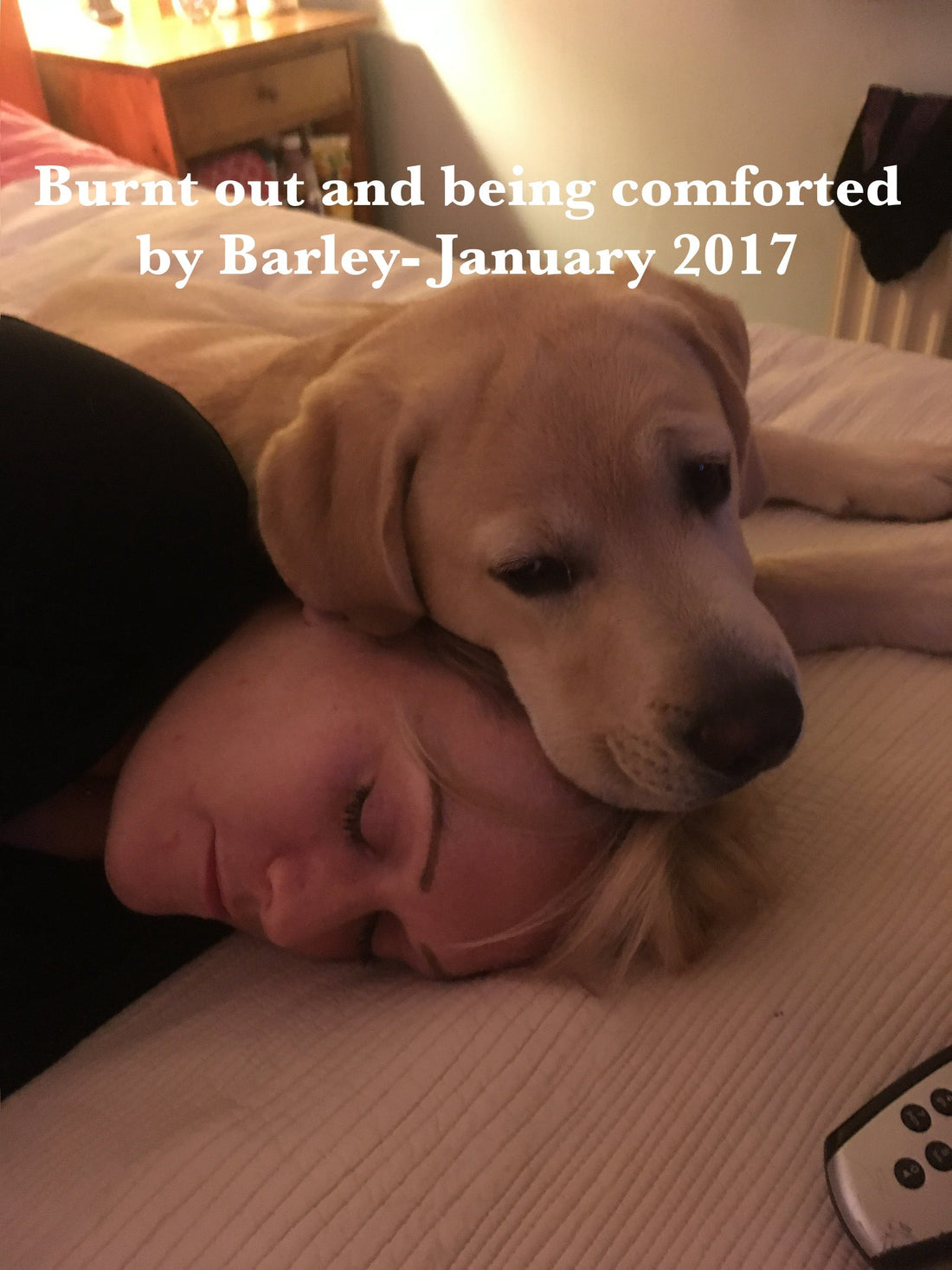
From Burnout To Bees! My story about burning out and finding a different path
In March 2017, I remember driving home from work, feeling physically sick. No music played—just silence—and I felt hollow. This wasn't a one-off; it happened more often than not for at least 18 months. I wasn't depressed or anxious; I was hollowed out like a husk and utterly burnt out.
Burnout is a sneaky thing—it creeps up on you until you realise it's not a matter of if you break, but when. For context, I was working as a full-time GP, not just in the practice but as a partner—owning it, running it, and being financially, legally, and morally responsible for everything: caring for our patients, looking after our staff. I was also caring for a close friend who had asked me to be their GP during their battle with cancer.
After 18 months of non-stop 14-hour days, on the day my dear friend was admitted to a hospice at the end of their life, I finally had to stop the world for a bit. I called in sick and didn't go back to work for eight weeks. I was utterly spent, having lost almost all ability to think or make anything more than the simplest choices.
I slept. I walked the dog. I slept some more. I spent time with my wonderful husband. Gradually, I came back to life.
If you look up 'burnout', you'll likely find something like this: "Burnout is a state of emotional, physical, and mental exhaustion caused by prolonged or excessive stress." Our bodies weren't designed to be under prolonged stress; we are designed to fight or flee—both immediate and relatively short-lived responses. When we are under excessive stress for prolonged periods, our bodies experience the same physiological changes as if a sabre-toothed tiger were on the other side of the room. And this is bad for us—so bad. Not only do we have higher blood pressure, increased heart rate, and a weakened immune system, but we also find it harder to bond with others.
Yes, that's right. When we're super stressed, we produce more cortisol, our stress hormone, which inhibits the release of oxytocin, our bonding hormone. So, at the exact moment we need to feel connected and supported, our body's physiology makes it harder to feel emotionally close to others, potentially making us feel more isolated. It's a perfect recipe for feeling hollow, empty, and alone, and can make our relationships with loved ones more strained. That was where I was—hollow and irritated by everyone around me.
After returning to work, I was never able to get back to the pace I had worked before, nor did I want to. No one should have to sacrifice every other aspect of their life simply for their job. Don't get me wrong—I loved and still love working as a GP. What I no longer wanted was a life so out of balance.
I'm not perfect, and I'm not going to lie and say I never had burnout symptoms again—I did, twice! But what I did manage to do was recognise the warning signs and make choices so I didn't end up as far gone as I was in 2017. I finally realised that unless I made a fundamental change, I would keep overcommitting, keep letting work take just a bit too much of my time and energy. I was nearing 44, the same age my dad was when he died, and Gareth and I had talked about a five-year plan to relocate to West Wales for a while. The idea was to move somewhere quieter, with a slower pace of life and a little bit of land—and most importantly, for my big Welshman to return home to 'God's own country'. I finally got it, and then declared that our five-year plan needed to be a one-year plan! We just about squeaked it in one year later, and in January 2023, we moved! No burnout symptoms, life is slower, infinitely better, and for the first time in my life, I have some hobbies—most importantly, beekeeping!
Over the years, I've seen many people with burnout, and invariably, they feel guilty—like they should just be able to carry on, like they're letting people down, and that everything is their fault. This couldn't be further from the truth. People who aren't deeply committed to what they do—whether it's their job, caring for a loved one, etc.—do not burn out. Any strength can become overdone; being committed can become self-sacrificing. What matters most is you, the people you love, and the people who love you. It's okay if the world needs to stop for a while.
A doctor I saw when I was burnt out said, "Even Olympic athletes only work at 90% most of the time. You've got to have something left in the tank for when you need it."
This journey and the experiences I've had are what make me passionate about Bees & Quiet. Selfishly, I love making everything we sell. I enjoy it immensely and love creating products that I truly hope will help bring people some peace, joy, relaxation, or just something that smells amazing and helps you feel more grounded.


